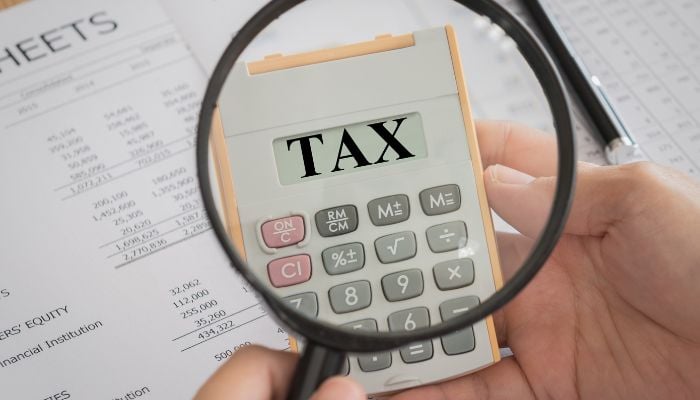
The Federal Board of Revenue (FBR) has implemented strict actions against sales taxpayers who do not allow tax officers access to their business premises for monitoring.
New sales tax rules of 2006 state that any sales taxpayer who keeps tax officials from viewing stocks, production, and clearance at manufacturing plants may be subject to suspension or blacklisting.
Notably, the FBR action is based on efforts to prevent tax evasion, fake invoicing, and fraud under Section 21(2) of the Sales Tax Act.
The rules state that where the FBR or a commissioner of an appropriate authority finds evidence against the registered taxpayer, then it may suspend the registration of the taxpayer through the system without any notice. The suspension will remain until the inquiry is complete.
To ensure fairness, the FBR announced that public hearings will be conducted before the FBR takes final action, allowing taxpayers to defend themselves.
Grounds for suspension may include:
- The business is not operating at the registered address.
- Denying access to premises or refusing to share records with Inland Revenue officers.
- Unusually high activity, over five times the declared capital and liabilities.
- Conducting more than 10% of monthly transactions with other suspended taxpayers.
- Non-filing of sales tax returns for three months, null returns for six months, or acts that qualify as tax fraud.
Officials say these steps will bring uniformity in enforcement across Large Taxpayer Offices (LTOs) and Regional Tax Offices (RTOs), while making sure genuine taxpayers are not unfairly targeted.
















